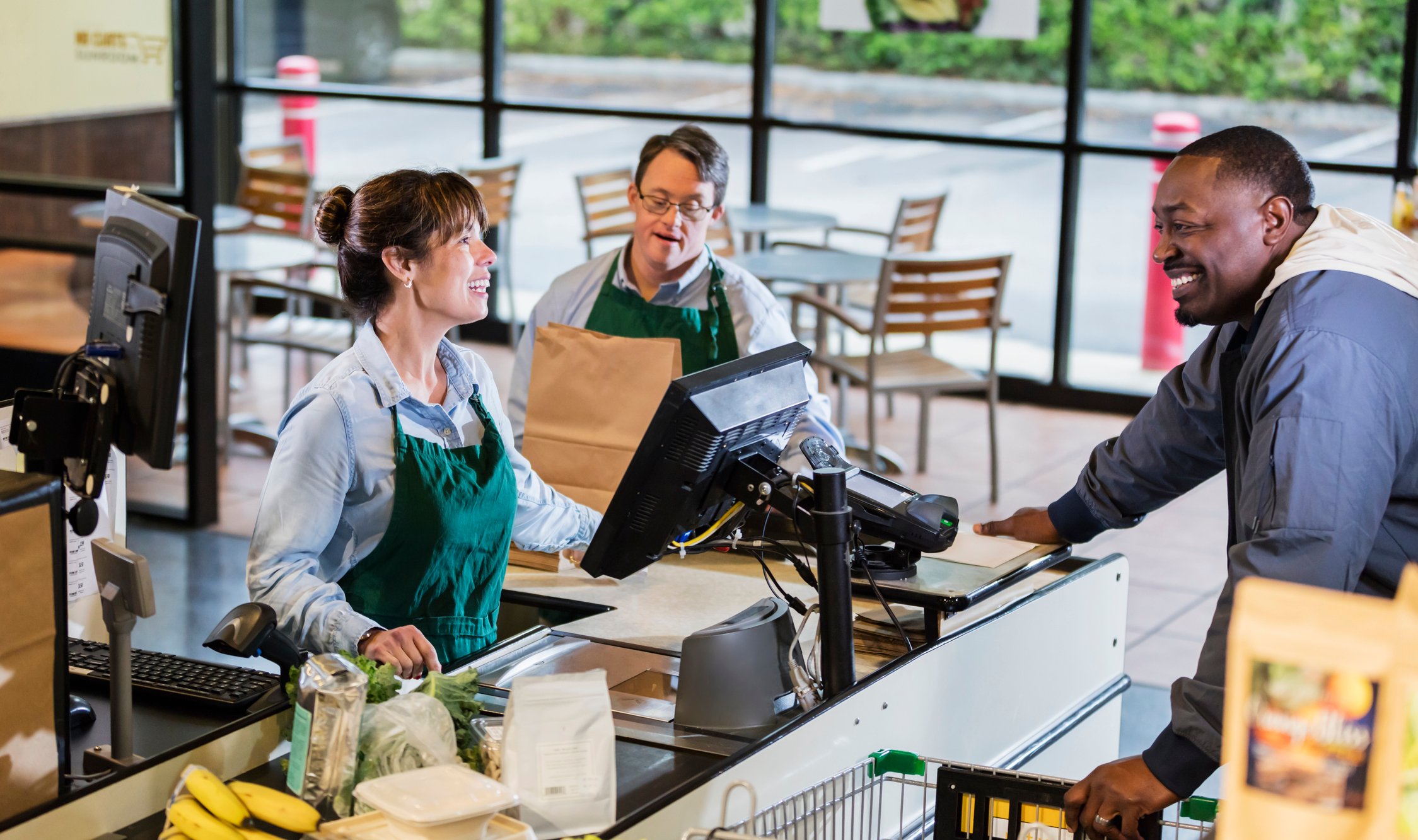
I'm not one for selling stocks. In fact, for purely sentimental reasons, I''m still holding the six shares of the first company I ever bought stock in eight years ago -- even though I'm not really interested in the business anymore. It serves as a constant reminder that one of the most important traits of successful investors is patience -- and the ability to buy and hold over a decades-long timeline.
But every now and again, I do hit the "Sell" button on some of my family's holdings. Such was the case recently with Hain Celestial (HAIN +1.46%), a company I was once very fond of, but have decided that our investment dollars can be better allocated away from the organic-products company. Read on to find out why.
A well-positioned company
Hain is the parent company of some of the most popular natural and organic brands available today.

A sampling of Hain's many brands. Photo: Hain Celestial.
I'm a big believer in healthy living, as I think that prevention is far more important than treatment when it comes to what ails us as Americans. That's what led me to be a big investor in Whole Foods (WFM +0.00%), a company that just so happens to be Hain's biggest customer.
But whereas an investment in Whole Foods exposed me to rampant competition for organic/natural food dollars -- both upstarts such as Sprouts and established players such as Costco that began adding new fare -- Hain had the advantage of being able to provide any store the products it needed to attract customers.
That helped the company show impressive growth in both revenue and net income over the past four years:
Hain's Recent History
Create column charts
And indeed, the stock responded in kind to this momentum, advancing over 400% between 2011 and mid-2015.
The problem: an unhealthy growth strategy
As I spend more time writing for the Fool, and investing my family's savings, I've noticed a growth strategies that I'm just not a fan of. One of them is the decision to grow via acquisition. This strategy is excellent at boost a company's top line over the short term, and it's one that Hain founder and CEO Simon Irwin as unapologetically pursued.
However, it is also a strategy that is fraught with obstacles in the real-world.
Integrating many companies under one umbrella can be a difficult process culturally, as there's a mashing of personalities that occurs at almost every level. It didn't take long for me to see that this seems to be, increasingly, the case at Hain.
Peeking at the company's Glassdoor ratings, I see that employees give the company and its CEO consistently underwhelming reviews.

Source: Glassdoor.
When a company pursues a growth-via-acquisition strategy, this is the key weakness. And, to me, it's a major red flag that so few Hain employees give Irwin their nod of approval.
One reviewer in particular gave a detailed account for how Hain's one-size-fits-all approach to its newly acquired brands is destined to fail:
"The company's business model fundamentally contradicts its target consumer's ideology. ... As the natural food consumer becomes increasingly concerned with buying local products created with sustainable practices, he/she grows wary of buying from a national brand that lacks character, attention to detail, and sustainable practices."
The reviewer goes on to say that it is an ill-conceived strategy for Hain to use "a single model that will plug-and-play with each of its 45 natural product brands, which inherently made their money by differentiating themselves and having a keen attention to detail within their specific product segment."
Already, such cracks are starting to show in the company's foundation.
Hain reported in November that its U.S. grocery sales shrank 5% -- a major reversal of previous trends. Perhaps some of those disappointing results come from the fact that Whole Foods is also experiencing weaker-than-expected sales over the past year as competition in the grocery business has heated up.
The company followed this news up just two weeks ago with news that both revenue and sales would come in below expectations, and the company lowered its full year guidance for both sales and earnings.
Others, beyond just grocers, are joining the natural/organic game. And Hain's inability to differentiate the brands it acquires, over the long run, will erode whatever sustainable competitive advantages it may have once had. For that reason, I decided that it was best to part ways with my family's shares in the company.





